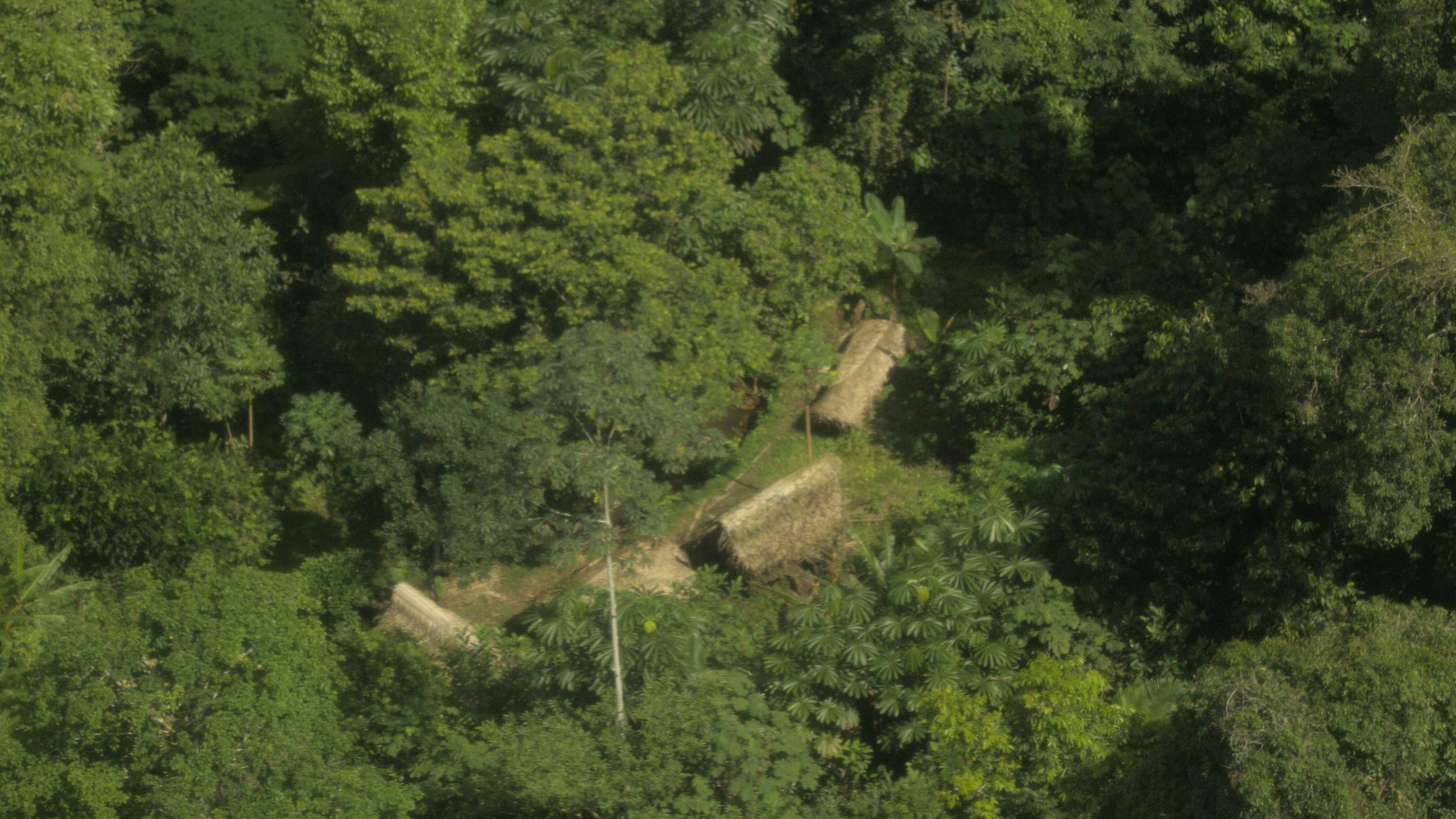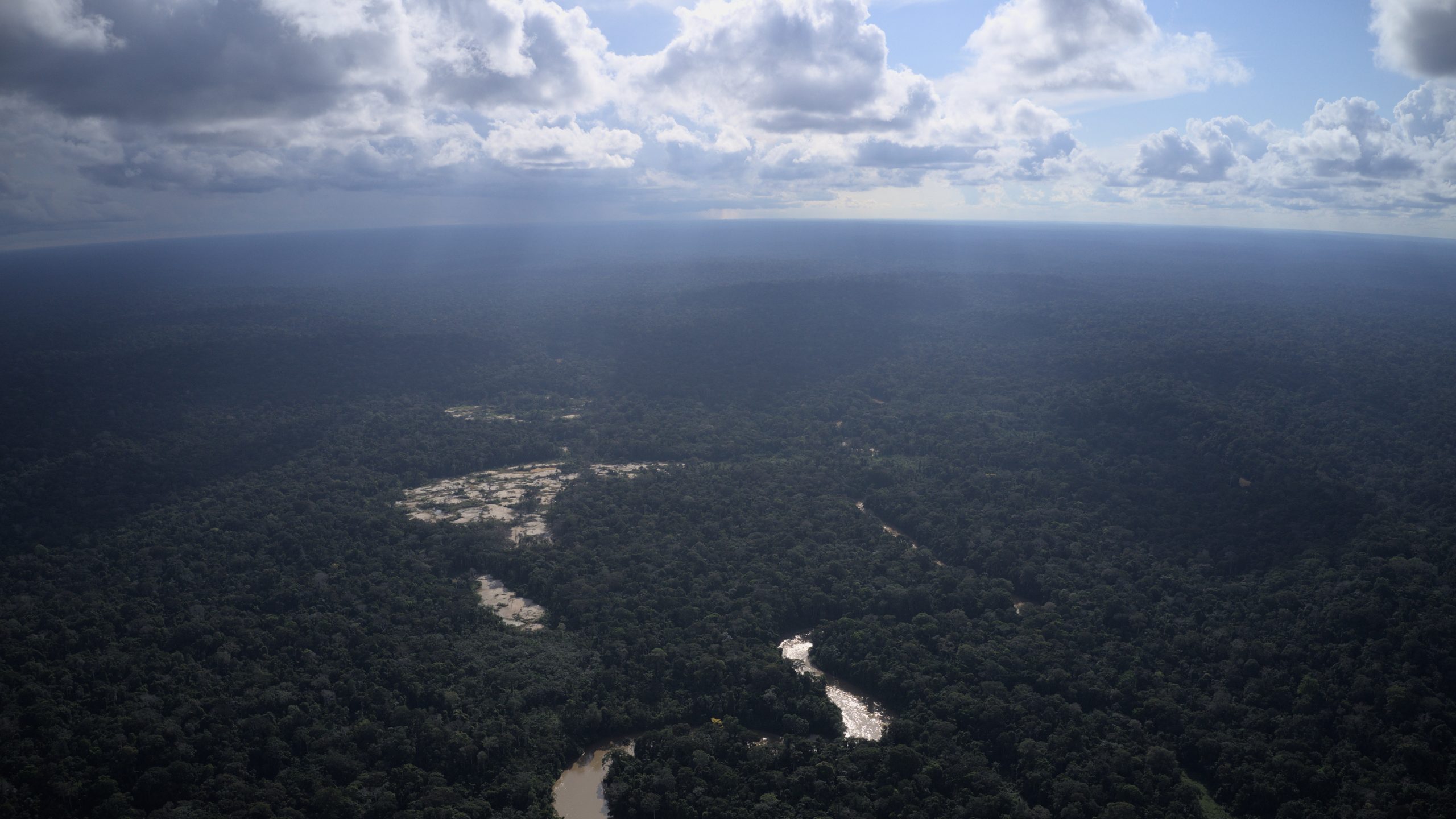2023-06-28
By Nicolás Salazar Sutil
The ways in which Indigenous Peoples protect forests continue to be recognised and celebrated throughout the world. But what if a community doing just that faced a political challenge that threatened their very existence?
This was the situation for an estimated 7,500 Indigenous Peoples who live deep within the Peruvian Amazon and have little to no contact with the outside world. Known as Indigenous Peoples in isolation and initial contact (PIACI in Spanish), these communities reside in government-established reserves that span millions of hectares of remote rainforests.
Until last week, a bill introduced by a right-wing congressman and backed by extractive business interests would have transferred decision-making power over PIACI reserves from the federal-level Ministry of Culture to regional agencies. This would have allowed local authorities to cancel existing reserves and halt processes that aim to establish new areas, opening them all up to logging, mining, oil and gas, and other extractive operations.

Photo courtesy of ORPIO.
The threat to PIACI’s was particularly acute in Loreto – a region in northeast Peru bordering Ecuador and Brazil – home to two of the five fully recognised reserves, plus several other proposed reserves. The congressman pushing the reform is from Loreto, and it is here that one of the key flashpoints over the future of PIACI protection is located: the Napo Tigre Reserve.
In response to this, Indigenous organizations like the Regional Organization of Indigenous Peoples of the East (ORPIO in Spanish) mobilised their networks to block the bill. A regional Indigenous federation and a partner of the Tenure Facility, ORPIO publicly denounced the proposed legislation and intensified its cooperation with other organisations.
As ORPIO’s General Secretary Apu Pablo Chota said before the bill was scrapped, we must act to ensure that “the peoples in isolation can live with dignity, accompanied by the sound of their wonderful forest.” He underscored how opening up their reserves would have exposed PIACI communities to violence and disease, thus raising real threats of extermination.
Over the last few months, working in coordination with the national-scale Indigenous rights organisation AIDESEP, ORPIO organised multiple missions to Lima to meet with politicians and push back against the reform bill. In the end, a congressional committee voted to stop the reform from moving forward.
"This is a historic opportunity not only to stop those who wish to destroy the Amazon and its people, but also to ensure the protection of territories for the future."
ORPIO’s and others’ work was instrumental in raising public awareness of PIACI rights with well-known climate activists Greta Thunberg and Hollywood actor Mark Ruffalo speaking out against the bill. Yet this is ultimately a victory for the Indigenous Peoples and forests of Peru that grassroots organisations brought out through their own efforts.
“It is vital that the international community and press are made aware of the threats faced by PIACI peoples, because the threat they face has not being debated publicly in our own country,” said Tulio Toche, a communication officer at ORPIO.
Toche also said the vote set a historic precedent in Peru by determining that draft laws affecting the futures of Indigenous communities cannot be presented to Congress without the approval of Indigenous governmental bodies first, and that Congress cannot overrule existing constitutional rights of Indigenous Peoples in accordance with international regulations on the rights of PIACI communities.

The work is not finished
In addition to fighting the draft legislation, ORPIO members believe that it is vital to put an end to forest concessions that have allowed legal and illegal logging in Loreto. “We are talking about 16 million hectares of primary forest across the Peru and Brazil border,” said Apu Miguel Manihuari Tamani, president of the Indigenous Association of Samiria, a member organization of ORPIO. “We have stopped 43 forest concessions. That is a major success for our small organization.”
Yet organizations like ORPIO fear that with the bill now defeated, the international community will focus its attention elsewhere.
“We have worked hard to strengthen their voices, but there is still a lot to do,” Manihuari said. “Health and food security are urgent issues among PIACI communities. We must help our brothers in Yavarí Tapiche (an Indigenous Reserve in Loreto that covers 1.1 million hectares). They need effective support.”
“Now more than ever, we need international support,” Tulio Toche added. “This is a historic opportunity not only to stop those who wish to destroy the Amazon and its people, but also to ensure the protection of territories for the future.”
He said another 4.5 million hectares of land still needs titling to ensure the forest and its peoples can thrive. “Now is the moment when the international community and our grassroots organizations must come together and co-operate. This is an opportunity of a lifetime.”
Articles